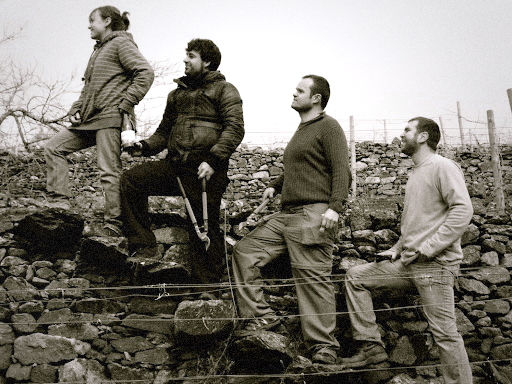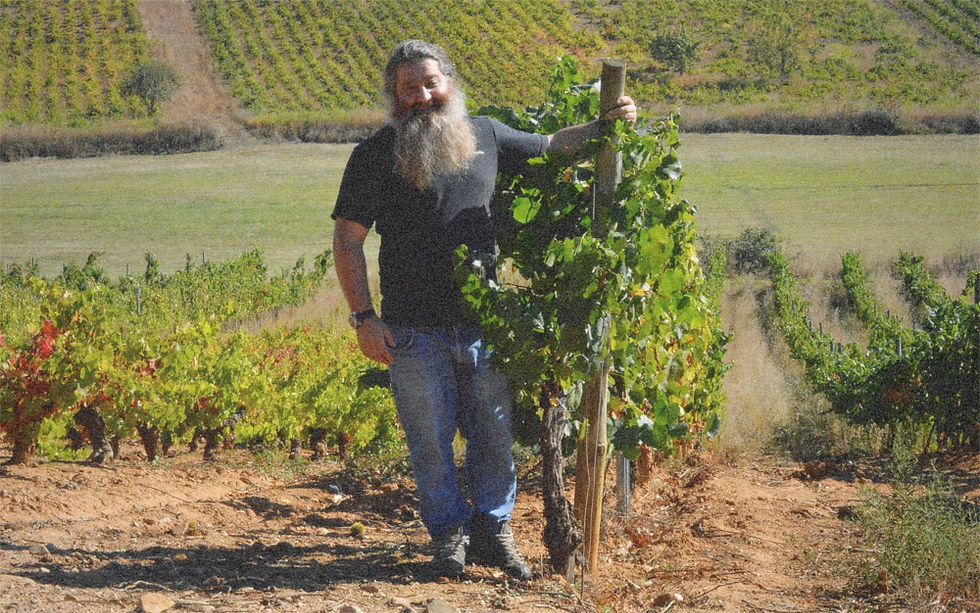Envínate: The Untouched Soul of the Canary Islands
- macynguyen63
- Sep 23, 2025
- 2 min read
This is not an "easy-drinking" wine. Nor is it a wine made by the million for supermarket shelves.

Some wines taste like a meticulously composed symphony, every note carefully placed. And then there are wines that are like a simple, honest sketch, capturing the raw spirit of the place they come from. The Envínate Palo Blanco is the second kind.
On the Craftsmen
Let's start with the people behind this wine. Envínate isn't some ancient, family-owned estate. It's the project of four friends: Roberto Santana, Alfonso Torrente, Laura Ramos, and José Martínez. They met in university, and instead of dreaming of grand châteaux, they were drawn to old, forgotten vineyards in wild, unforgiving places.
They work with grapes the way a true craftsman works with raw wood: with respect for its nature, not trying to change or meddle with it too much. Their philosophy: find a singular vineyard, care for it with maximum respect, and let it tell its own story. The wine, for them, is merely a translator.

On the Island and the Unlikely Vines
The Palo Blanco comes from the Valle de la Orotava, on the island of Tenerife in the Canary Islands. It sounds odd, and it is. This is a place where vineyards cling to the steep slopes of a massive volcano, kissed by the salty winds of the Atlantic. The soil is black volcanic rock and ash. If you ever thought grapes only grew on clay or limestone, you have to think again.

And here's the kicker: the Listán Blanco vines here are centuries old, having survived the phylloxera blight. They are trained in a method called "cordón trenzado" (braided cord), forming long, twisted branches that look like ropes on the ground. This isn't a marketing gimmick. It’s how the local people have done it for hundreds of years, and it works.
On the Wine: Structure and Truth
Now, about the 2020 Palo Blanco. When you taste it, don't look for sweet fruit or heavy vanilla notes. You won't find them.
Instead, it opens with an aroma of wet flint, a hint of volcanic smoke, the saline taste of sea air, and a clean citrus peel. The acidity is sharp, almost "electric" as some critics have put it, and there's a startling clarity of mineral character. It's bone dry, clean, and has a long finish that reminds you of earth and sea.
If you're looking for a complex wine, this is it. But not a complexity of blending, rather a natural complexity, where every flavor is a statement about a specific place and time. It doesn’t try to please you easily, but it will engage you and make you think.
And that's the truth of it. Wine doesn't have to be artificially perfect. It just has to be true.
Macy Nguyen
Curious cork popper.




Comments